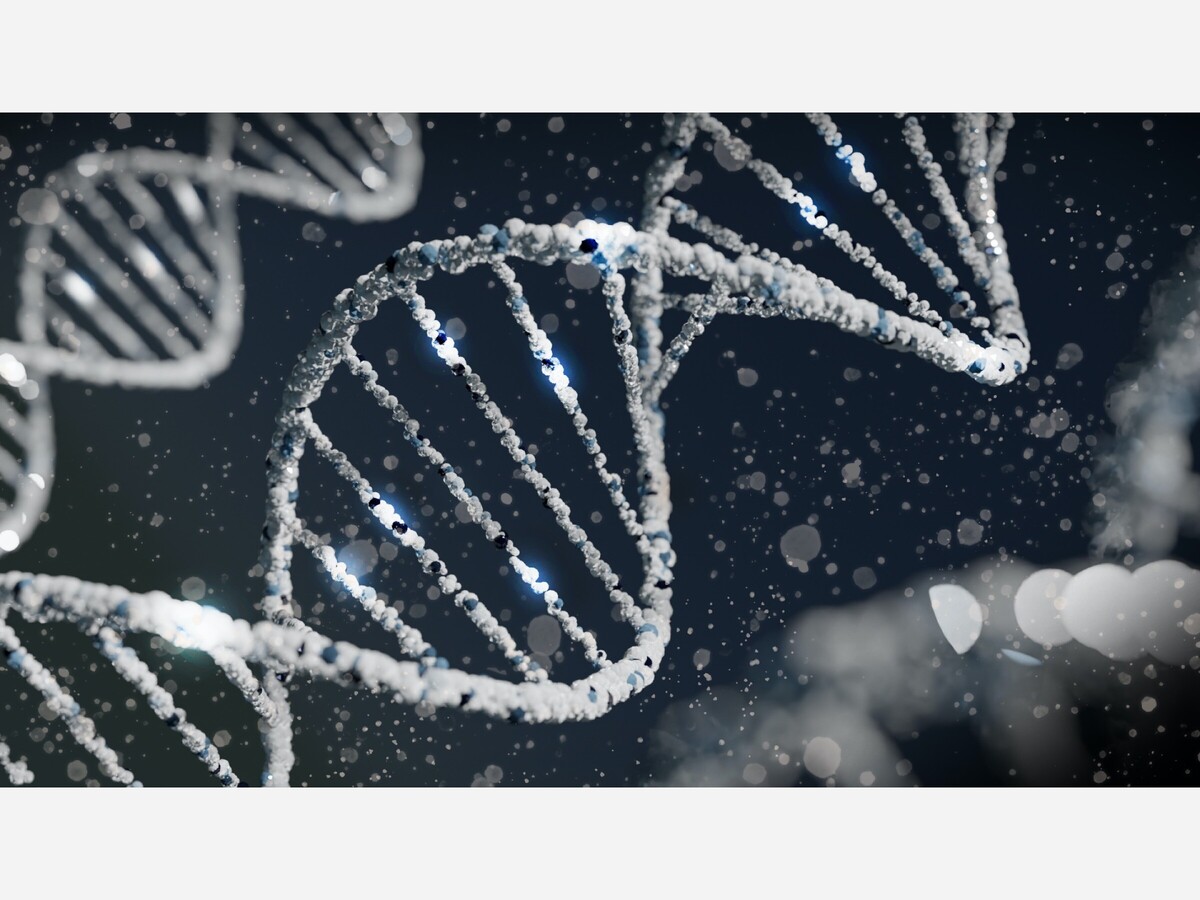Image


Epigenetics is an emerging field of science that explores how environmental factors and lifestyle choices can impact our genetic code, leading to changes in gene expression and the development of diseases. In recent years, scientists have discovered that epigenetic changes can be reversed, raising the possibility that we may be able to heal ourselves through changes in our behavior and environment.
It is no secret that medication errors, hospital staffing issues, and hospital inquired infections are at an all-time high, posing a significant healthcare challenge. Individuals must take responsibility for their health.
The traditional view of genetics is that our DNA is the blueprint for our physical and behavioral traits and that our genes largely predetermine us. However, epigenetics challenged this view by demonstrating that external factors, such as diet, stress, and pollution, can influence the expression of our genes. How we think and feel can potentially affect the epigenetic marks on our DNA, leading to changes in gene expression and ultimately impacting our health.
Furthermore, research has shown that the effects of a negative mindset versus a positive one can also impact our health and gene expression. A negative attitude, such as chronic stress or pessimism, has been associated with higher levels of inflammation, increased risk of chronic diseases, and a weaker immune system. On the other hand, a positive mindset, such as optimism or gratitude, has been linked to lower levels of inflammation, reduced risk of chronic diseases, and a more robust immune system.
Epigenetic changes can be reversed through a process called DNA methylation. Environmental factors like diet, exercise, and stress reduction can influence this process. For example, methyl donors, such as folic acid and vitamin B12, can promote DNA methylation and prevent cancer development. Regular exercise can also increase DNA methylation in genes related to aging and disease prevention.
It is crucial to consider external environmental factors, our mindset, and our emotional well-being when striving to improve our health and prevent disease. Techniques such as meditation, positive affirmations, and therapy can help cultivate a more positive mindset and potentially impact our epigenetic marks, leading to positive changes in gene expression and ultimately improving overall health.
Epigenetics offers a new perspective on the role of genes in our health and well-being. We can prevent and even reverse diseases by making lifestyle changes that promote healthy gene expression and reversing harmful epigenetic changes. While more research is needed to understand epigenetics' mechanisms and healing potential fully, the evidence suggests that we can influence our health outcomes through our behavior and environment.